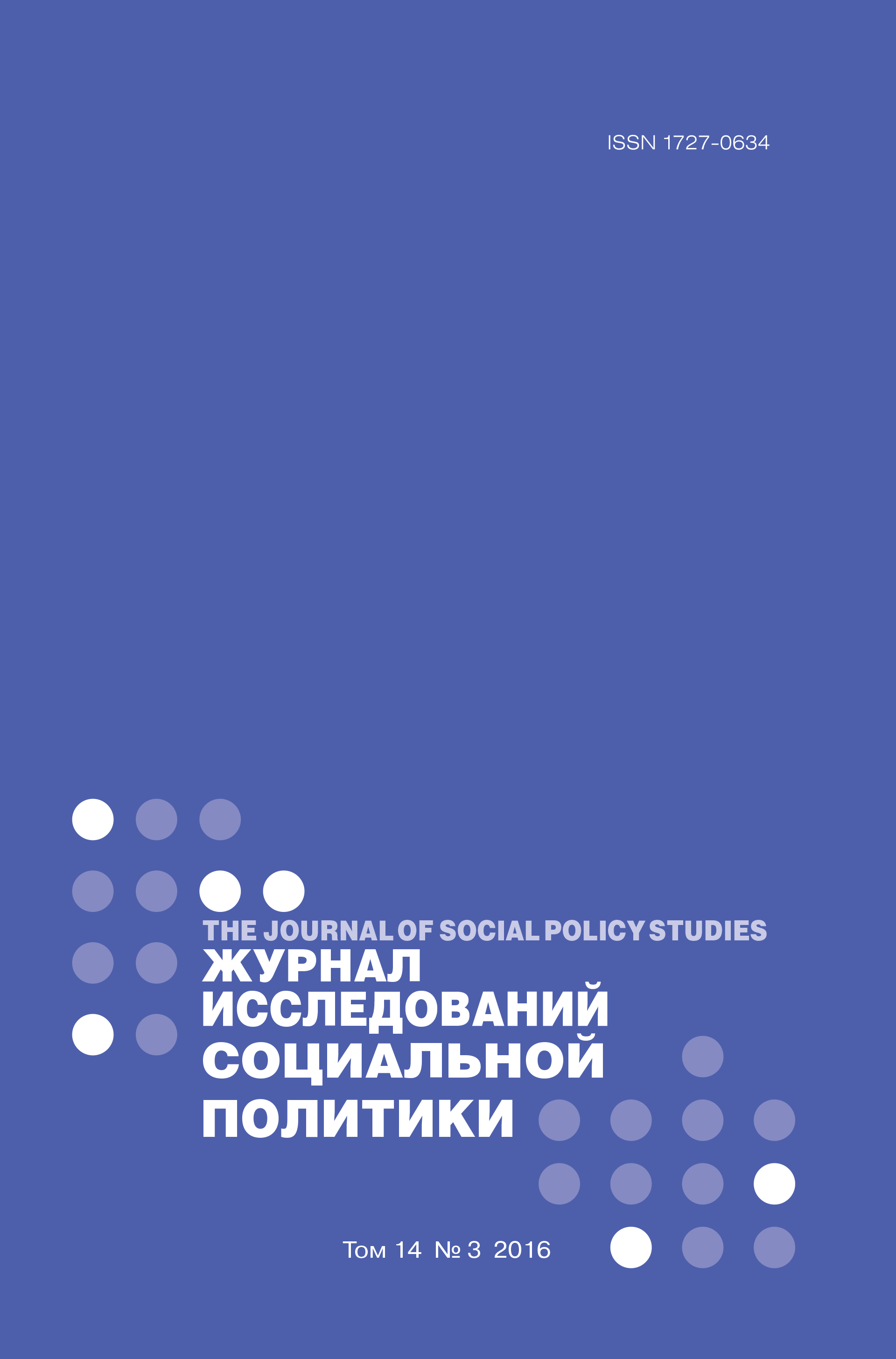The Stigmatization of Alcohol and Drug Dependence: Its Scope and Consequences
Keywords:
Germany, social care, the Elberfeld system, history of social work, voluntarism, the women’s movement
Abstract
Alcohol and drug dependence is associated with a wide range of negative stereotypes and prejudice. They are at the core of fast-growing research on substance use/dependence stigma. This article reviews recent empirical research in Russia and abroad to compare drug and alcohol stigma. Cognitive-emotional elements of stigmatization include stereotypes and attitudes toward substance use. Behavioral aspects of stigmatization refer to manifestations of stigma in social interactions, including, most importantly, discrimination towards substance users in the form of segregation, coercion and denial of life and work opportunities. Alcohol-related stigma is based on negative stereotypes portraying alcohol dependence as a non-medical issue. The dependent are viewed as culpable for losing control over mind and body and, therefore, do not deserve sympathy. Drug dependence stigma shares many of the same stereotypes but, in addition, it is also commonly considered dangerous. Stigma is embedded in the social control of substance use and this shapes prejudice and discriminatory practices among medical staff, which, in turn, discourages suffers from seeking out their help. Social control institutions are designed to help those affected by alcohol and drug dependency by building new social ties and assisting the recovery of the person’s identity. These measures are found to lower stigma and facilitate treatment. Beyond individual institutions, overall decriminalization and humanization of social policy toward substance users is shown to reduce mortality and increase help-seeking among substance users as well as lower first use among teenagers and other risk categories. Despite evidence from recent national reforms in Europe, the development of rehabilitation programs and wide expert consensus on the need to end reliance on repressive measures, the majority of nations still do not support change. Societal reinforcement of stigmatizing beliefs, attitudes and practices may be a greater factor in social policy than expert advice.Downloads
Download data is not yet available.
Published
2016-09-02
How to Cite
ПавловаИ. П. (2016). The Stigmatization of Alcohol and Drug Dependence: Its Scope and Consequences. The Journal of Social Policy Studies, 14(3), 363-376. Retrieved from https://jsps.hse.ru/article/view/3261
Section
ARTICLES IN RUSSIAN















